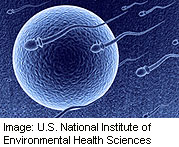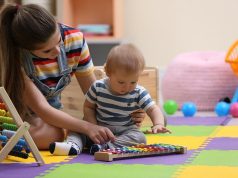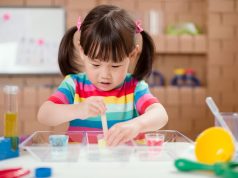Correlation mainly explained by adverse prenatal and perinatal outcomes; multiple births
THURSDAY, March 19, 2015 (HealthDay News) — Assisted reproductive technology (ART) is associated with increased incidence of autism, according to a study published online March 19 in the American Journal of Public Health.
Christine Fountain, Ph.D., from Fordham University in New York City, and colleagues examined the correlation between ART and diagnosed autism spectrum disorder in a population-based sample of California births. Data were included for 5,926,251 live births in 1997 through 2007 and included 48,865 infants from births originated using ART and 32,922 cases of autism diagnosed by the Department of Developmental Services.
The researchers found that the incidence of diagnosed autism was twice as high for ART versus non-ART births in the full population. After excluding mothers unlikely to use ART, the correlation was attenuated. The correlation was further reduced after adjustment for demographic and adverse prenatal and perinatal outcomes, although for mothers aged 20 to 34 years the correlation was still statistically significant.
“Adjusting for adverse prenatal and perinatal complications, including multiple births, reduced the association between ART and autism for younger mothers and eliminated it for older mothers,” the authors write. “Although the precise mechanism is unclear, these results suggest that children born as a result of ART may have an elevated incidence of autism potentially because of the link between ART and adverse pregnancy and labor outcomes, especially multiple births.”
Full Text (subscription or payment may be required)
Copyright © 2015 HealthDay. All rights reserved.








